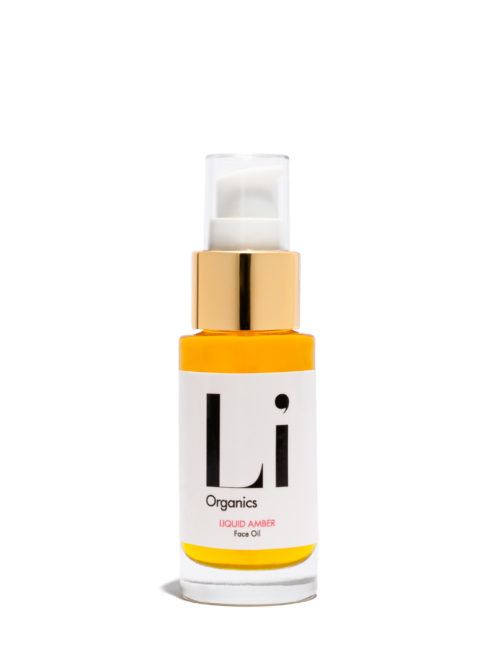Pros Weigh In On Whether Cold-Pressing Ingredients Makes Them More Potent For Your Skin
The beauty world has long drawn inspiration from the food world: After all, your body needs many of the same nutrients—which is why you’ll find things like oatmeal and strawberries in your breakfast dishes and in your moisturizers. In a growing trend, your skin care is taking cues from the juice bar down the street, where the technology used to produce your fave $12 spinach elixirs is now being tapped for serums, too.
Cold-pressed skin care—which draws from the concept of cold-pressed juicing—is taking over our beauty routines, and for good reason (namely: it retains the ingredients vitamins and minerals in the most uncompromised way). Traditionally, heat has been used to extract the core ingredient from plant materials, however, adding heat changes the nature of the ingredient by causing it to oxidize and degrade. By cold pressing a plant, the ingredient at hand remains in its most vitamin-packed form.
“Cold-pressed beauty is created by extracting the purest, highest quality nutrients from ingredients without the use of any heat above room temperature,” explains Allison Taylor, founder of skin-care brand Le Prunier, who uses the method in her own line. This method allows the active ingredients to stay their “closest to nature,” says Ian Lirenman, CEO + Founder of emerginC, Rawceuticals and Scientific Organics, which keeps them the most active and bioavailable they can be.
But according to dermatologist Adarsh Vijay Mudgil, MD, it may not be worth dropping significant dollars for the sake of hopping on the cold-pressed beauty trend yourself. “The verdict is not out, as there are no real studies,” he says. “I honestly don’t think there’s much difference between a cold-pressed product and a non-cold-pressed product.” Plus, he estimates that the products still need preservatives in order to keep them sticking around on the shelves, so they’re not necessarily more pure than their conventional counterparts.
That comes, however, with a giant asterisk. Any beauty product that contains water (which I’ll give you is a pretty decent portion of them on the market) needs a preservative; however, those beauty products that are oil-based and don’t contain water, don’t need preservatives. This, perhaps, makes them the very best candidates to become cold-pressed kids, as the focus turns to the art and potency of skin-care blend at hand. That’s why lately, there’s been a movement to move to a small-batch model when it comes to crafting products. With better technology to utilize premium ingredients, brands like True Botanicals (who just made a small-batch version of their cult-fave body oil) are able to find the best-of-the-best lavender, the-best-of-the-best camellia seed oil and by using cold-pressed technologies, those ingredients are able to stay in their truest-to-nature forms.
“As a general rule, cold-pressed formulations are designed to contain less ‘fillers’ than the average conventional products, which means you’re also getting a lot more for what you pay for, along with making a purchase that is more ethically produced,” says Serena Poon, celebrity chef, nutritionist and reiki master. “The higher the quality and the more nutrient dense a skin-care product is, the higher the potential for effective results.” Scroll through for some of our favorite cold-pressed skin care products, which are a whole lot more palatable than a green juice.


